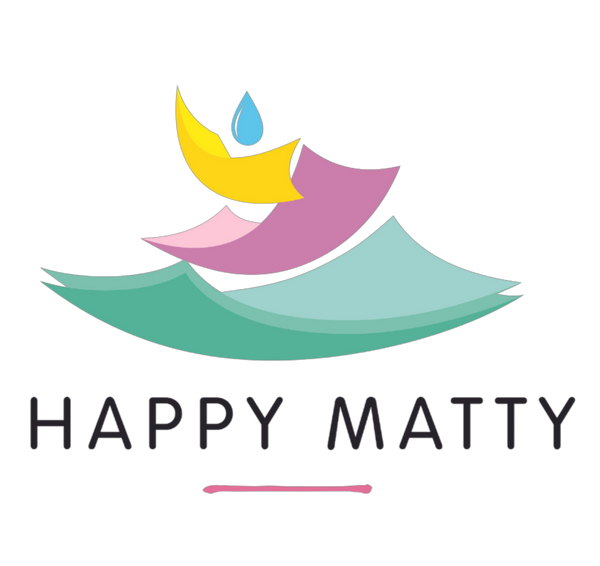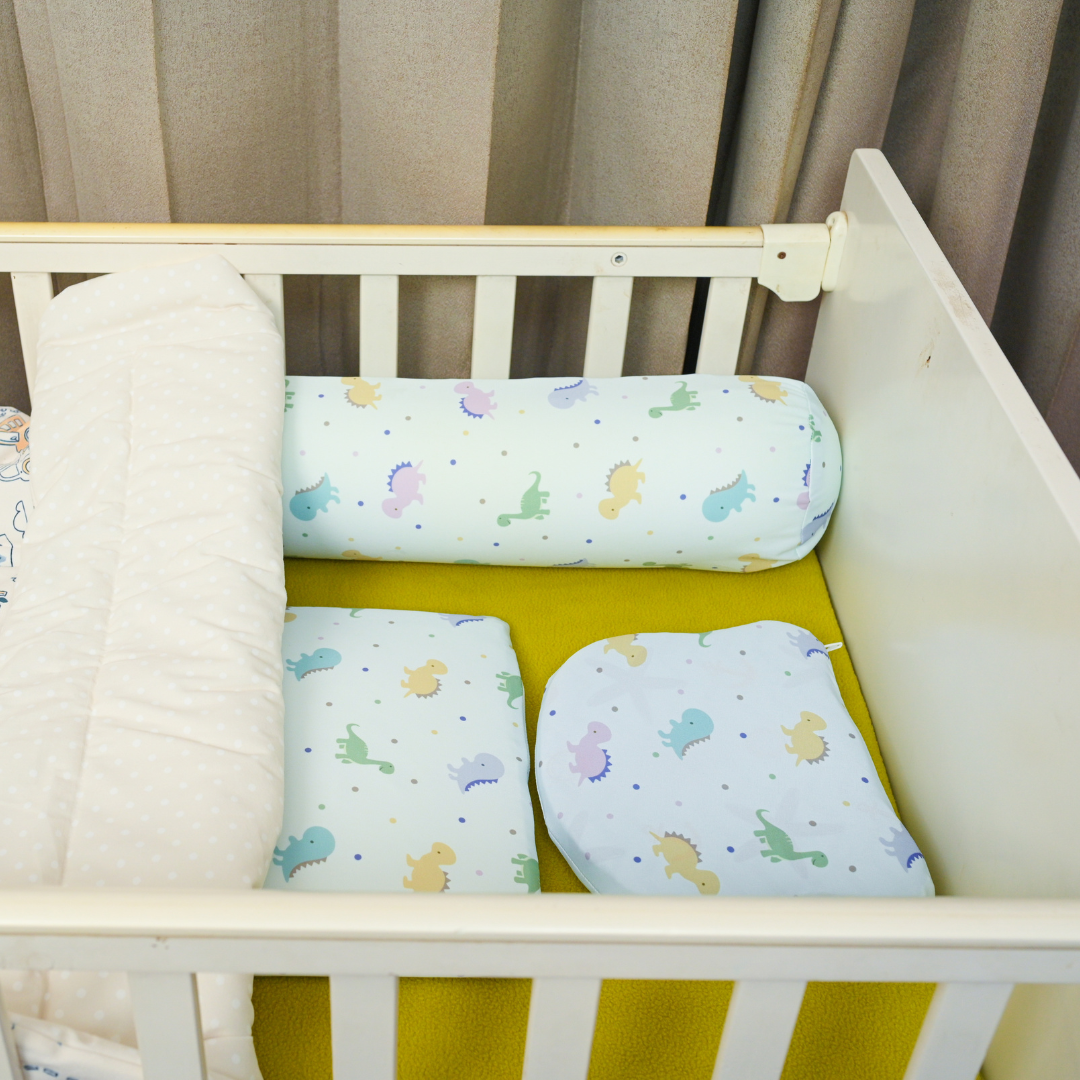When it comes to preparing for the arrival of your little one, baby pillows often top the list of must-have items. They promise comfort, support, and a peaceful night's sleep for your baby. However, before you rush out to buy the softest, cutest pillow you can find, it's important to understand the potential risks and make an informed decision. The safety of baby pillows has been a topic of concern for many parents, and it's crucial to take the time to understand how to choose the right one. In this article, we’ll explore the critical aspects of baby pillow safety and help you navigate the complex world of baby accessories to ensure your baby’s well-being.
The Role of Baby Pillows: Do You Really Need One?
Before diving into safety concerns, let’s take a moment to understand why baby pillows exist in the first place. Many parents purchase baby pillows with the best of intentions. They want to provide their baby with a cozy, cushioned environment to rest and sleep. After all, babies have soft, delicate skin, and the idea of giving them something soft to lie on sounds comforting.
However, the need for a pillow for your baby is not as essential as many think. For the first several months, babies do not require any kind of pillow for sleep. Newborns and young infants are still developing the strength in their neck muscles, and using a pillow too early can cause unnecessary strain. In fact, the American Academy of Pediatrics (AAP) strongly recommends that babies sleep on firm, flat surfaces without pillows, blankets, or any other soft bedding to reduce the risk of suffocation and Sudden Infant Death Syndrome (SIDS).
The truth is, baby pillows are more of a decorative item in the early months, and they are often marketed to parents as a way to make their baby’s sleep environment more comfortable or stylish. However, safety should always come first, and it’s crucial to understand when and why you might need one.
Understanding the Risks: The Dangers of Pillows for Babies
While a pillow might seem like a harmless and even beneficial accessory, it can pose some significant risks for babies. The primary concern with baby pillows lies in their potential to obstruct a baby’s airways. Babies, especially newborns, have weaker neck muscles and may have trouble lifting or turning their heads, increasing the risk of suffocation if their face becomes pressed into a pillow or any soft bedding.
For instance, if your baby is sleeping on a pillow that is too thick or soft, they may not be able to move their head if they accidentally roll into a position where they can’t breathe properly. Even the most well-meaning parents may unknowingly set up a dangerous situation by using a pillow that seems safe, but isn’t designed with infant sleep in mind.
The importance of using a firm, flat surface cannot be overstated. This is why many pediatricians and experts advocate for avoiding any pillows or soft bedding in the crib until your baby is old enough to safely use them.
When is it Safe to Introduce a Pillow to Your Baby?
So, if pillows are a potential risk in the early stages, when is it appropriate to introduce one? Experts typically recommend that babies do not use pillows until they are at least 2 years old, and even then, the pillow should be a safe, appropriate size for their developing body. By this time, a toddler’s neck and muscles will be stronger, and they will have more control over their head and body movements, significantly lowering the risks associated with pillows.
It’s also essential to look for pillows that are specifically designed for toddlers. These pillows tend to be smaller and firmer, offering support without being a suffocation hazard. When introducing a pillow, always ensure that your child’s sleep environment is as safe as possible.
Choosing the Right Baby Pillow: What to Look For
When the time comes to buy a pillow for your baby, whether for sleep or comfort during playtime, there are several factors to consider. Safety should always be your primary concern, followed by comfort and design.
Firmness: A baby pillow should never be too soft. Soft pillows increase the risk of suffocation, especially for babies who cannot adjust their position on their own. Look for a firm pillow that provides adequate support without the risk of conforming too much to the baby’s face.
Material: Natural materials are always preferable when choosing a baby pillow. Opt for hypoallergenic and breathable fabrics that reduce the risk of irritation or allergic reactions. Cotton is an excellent choice for baby pillows, as it is soft, breathable, and gentle on sensitive skin.
Size and Shape: Baby pillows should be proportionate to the baby’s body. A pillow that is too large can create gaps that may become dangerous. The pillow should support your baby’s head without causing strain on their neck or shoulders. It's also important to choose a pillow that helps maintain proper alignment between the neck and spine.
Safety Certifications: Look for pillows that meet safety standards. Certifications such as those from the Consumer Product Safety Commission (CPSC) or the Juvenile Products Manufacturers Association (JPMA) can help ensure that the pillow meets safety guidelines.
Machine Washable: Babies are messy, and their pillows will likely need frequent cleaning. Choose a pillow that is easy to clean, preferably machine washable, to keep things hygienic and fresh.
Alternative Options for Safe Sleep
While a pillow might be unnecessary for your baby’s crib, there are other ways to provide comfort and support that do not pose the same risks as pillows. For instance, many parents opt for baby sleep sacks, swaddles, or wearable blankets to keep their babies warm and comfortable while eliminating the need for loose blankets or pillows in the crib.
In terms of providing support for babies who may need assistance with head positioning, there are other options, like wedge-shaped baby mats or neck supports designed to help with reflux or flat head syndrome (positional plagiocephaly). However, it's important to remember that these should only be used under the guidance of a pediatrician.
Baby Pillow Alternatives: The Role of Happy Matty Products
As you navigate the world of baby products, it's essential to explore safe, high-quality alternatives that prioritize your baby’s well-being. That’s where Happy Matty products come into play. Known for their dedication to providing the best in baby comfort, Happy Matty focuses on creating items that are designed with both safety and practicality in mind.
Their range of products, from soft crib sheets to ultra-absorbent mats, are made with natural, non-toxic materials that are gentle on sensitive skin and safe for babies. These products are ideal for creating a cozy and safe sleep environment, ensuring that your baby is comfortable without compromising their safety. Their thoughtful designs offer parents peace of mind knowing that each item has been crafted with care and attention to detail.
Suggested Reading: Eco-Friendly Penquin Crochet Rattles: Why Sustainable Materials Matter
Conclusion: Prioritize Safety Above All Else
As a parent, you naturally want to give your baby the best comfort and support as they grow, but it’s crucial to remember that safety comes first. When choosing baby pillows, always prioritize firmness, natural materials, and safe design. Avoid introducing pillows until your baby’s muscles and neck are strong enough to safely use them.
When it comes to your baby’s comfort and sleep safety, there are plenty of other products that can meet your needs without the risks associated with pillows. Happy Matty’s range of products, which includes gentle, breathable bedding and supportive accessories, offers an ideal solution for creating a safe and comfortable environment for your baby. When choosing the best for your child, ensure that every product you purchase meets the highest standards of safety and quality. You can trust that Happy Matty products are designed with your baby’s well-being in mind.
For more information on high-quality baby products that prioritize safety, comfort, and style, visit Happy Matty.



